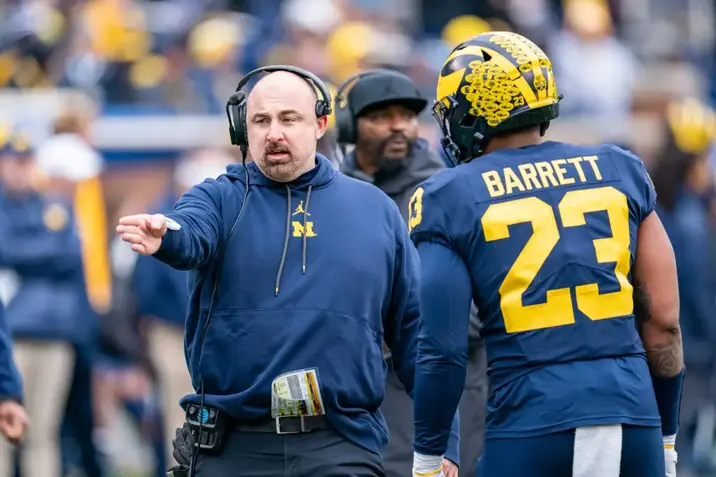T4K3.news
NCAA imposes 10 year show cause on Jim Harbaugh
The NCAA has issued a 10 year show cause order for Jim Harbaugh in relation to the Connor Stalions investigation.
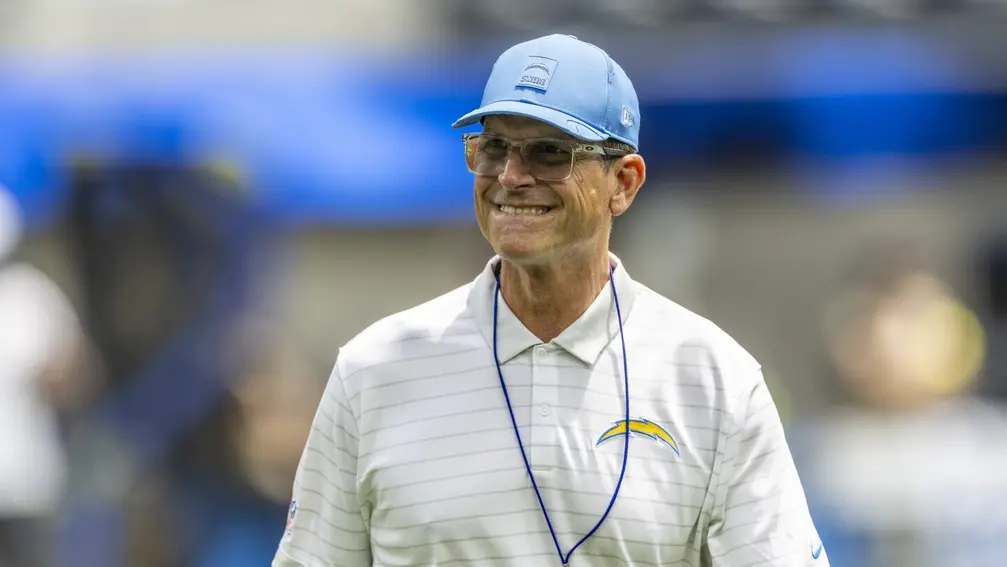
The NCAA locks in a long penalty for Jim Harbaugh tied to the Connor Stalions case, setting rules for any future college job.
NCAA imposes 10 year show cause on Jim Harbaugh
The NCAA has issued a 10 year show cause order against Jim Harbaugh in connection with the Connor Stalions scouting scandal. This means any NCAA program that hires Harbaugh would need to show cause why it should not be sanctioned. The decision signals that Harbaugh may not coach in college again for a long time, unless a special path opens up. The NCAA also cited a lack of a strong culture of compliance and a tense relationship with Michigan's compliance office as key factors. Michigan will face financial penalties and limits on recruiting, but a full postseason ban was avoided to protect student athletes and the playoff field.
The NCAA explained that the punishment aims to hold a figure close to the program responsible while trying to avoid harming current student athletes. It noted that the league is watching to see if the NFL will respond to the sanction and whether Harbaugh will pursue pro football. Previous cases show the NFL has taken action when college rules were broken. The NCAA says it will assess any future steps if needed and will seek comment from the league as part of this process.
Key Takeaways
"Harbaugh did not embrace or enforce a culture of compliance during his tenure"
From the NCAA announcement
"Bold steps to enforce rules are needed even when they touch big programs"
Editorial assessment of the NCAA move
"This is a moment for college sports to prove it can police its own ranks"
Analysis of governance implications
This case tests how far the NCAA will go to police top level programs. The focus on a single coach underscores the role of leadership in shaping a program culture. The order also raises questions about fairness and how punishment travels when a program changes personnel. The decision to skip a postseason ban reflects a balancing act between accountability and protecting players, but it also invites scrutiny from fans who want strong, clear consequences.
Beyond Harbaugh, the move could push colleges to tighten compliance scrutiny and reshape how rules are enforced. It may influence future show cause actions and shape the way programs plan for big games, recruiting, and leadership turnover. The broader moment is about governance as much as about one coach.
Highlights
- Rules apply to everyone not just a few
- Accountability matters more than wins
- This is a test of governance in college football
- Harbaugh faces a long road back
Sanctions may trigger backlash and governance questions
The case could spark public debate about accountability in college sports and might trigger pushback from fans, alumni, and sponsors. It also raises questions about how future cases will be handled and how players are protected.
The next moves will test how strong the rules are when a big program is involved.
Enjoyed this? Let your friends know!
Related News
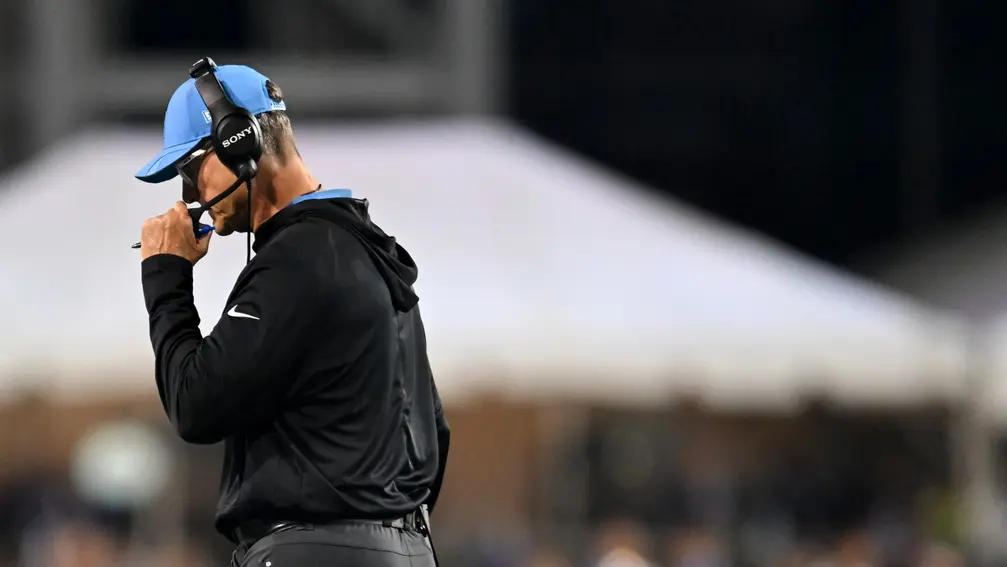
NCAA sanctions cast shadow over Harbaugh
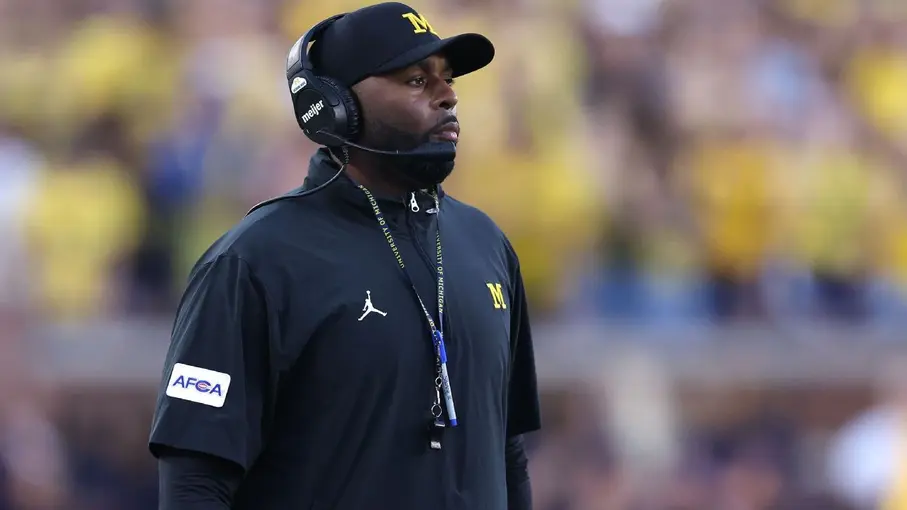
Michigan sanctioned by NCAA
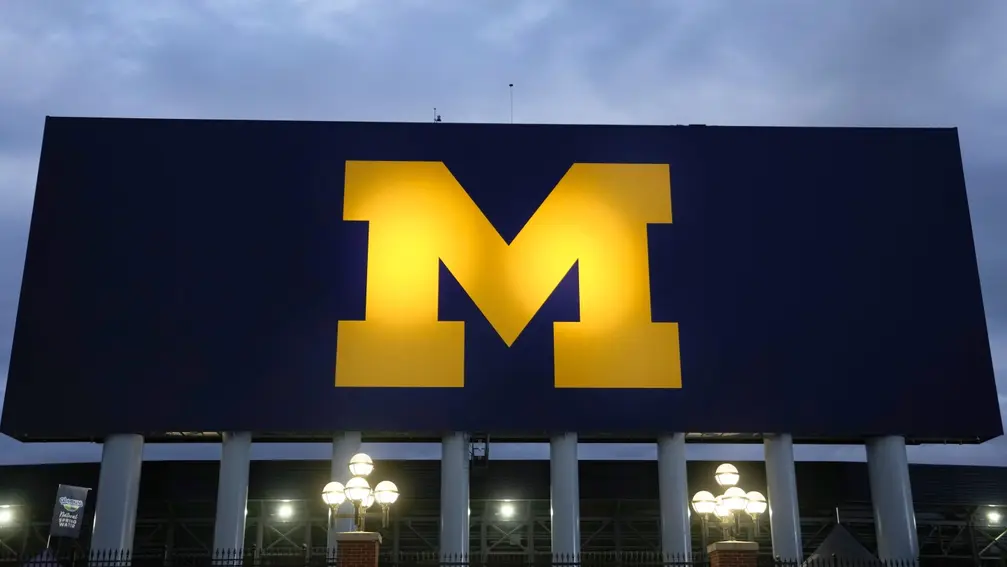
Michigan penalties announced
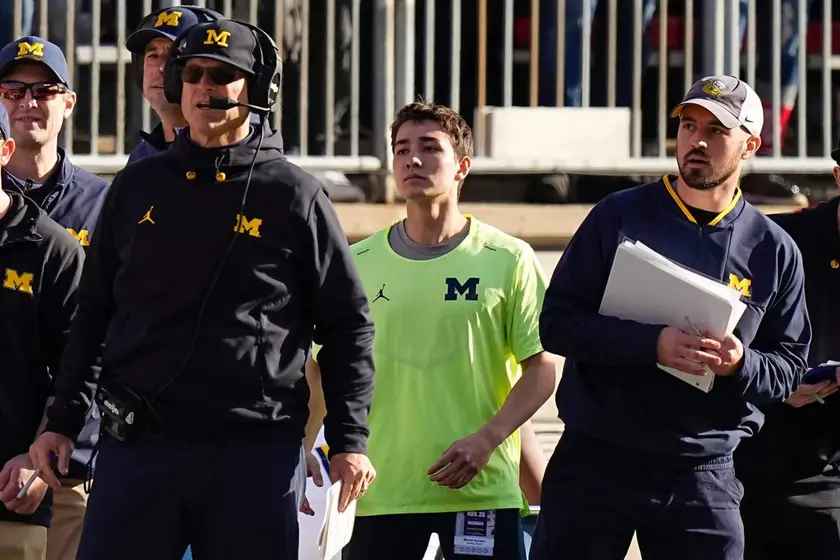
NCAA sanctions Michigan sign stealing ruling
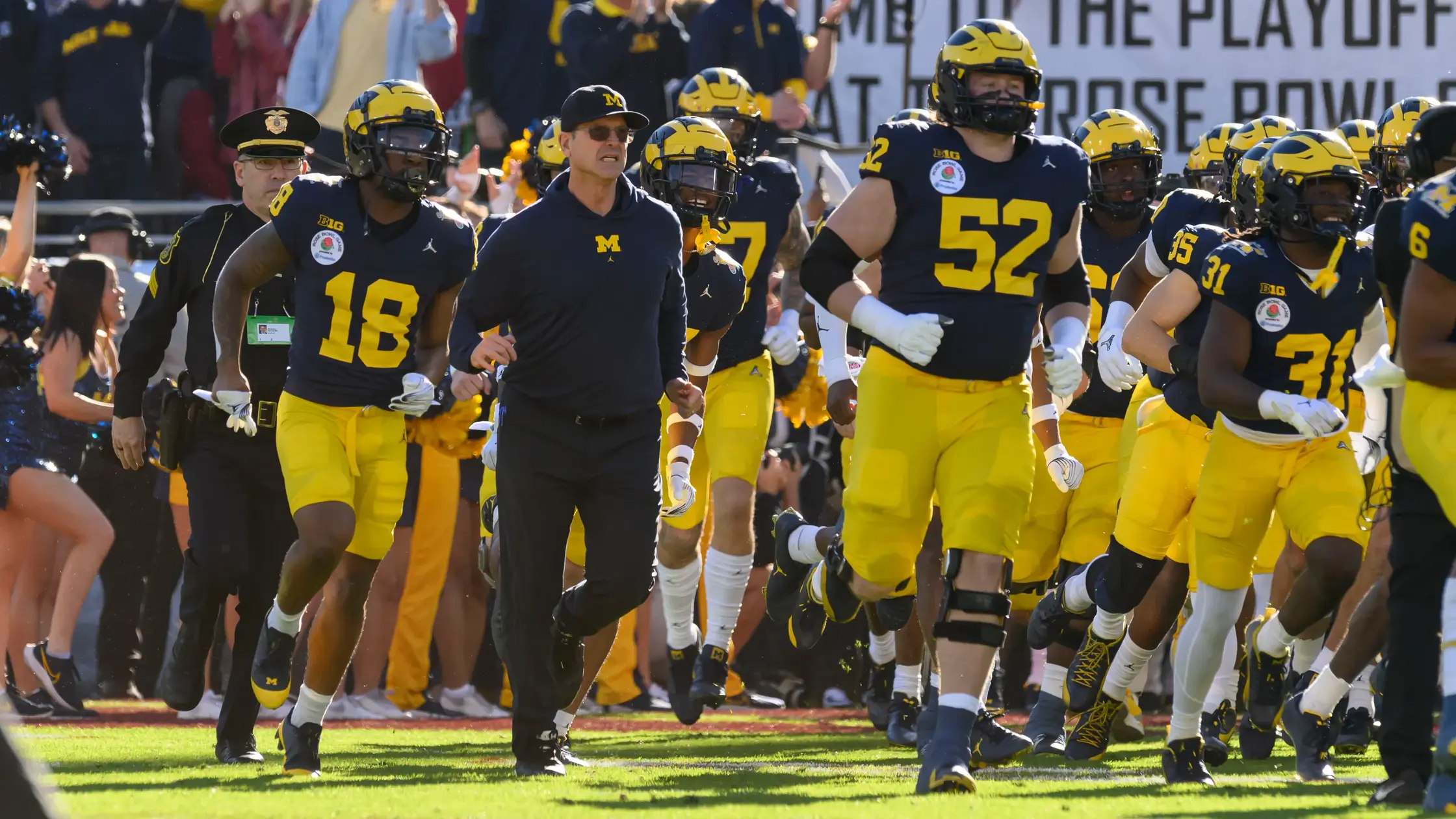
Michigan sanctioned in sign stealing case
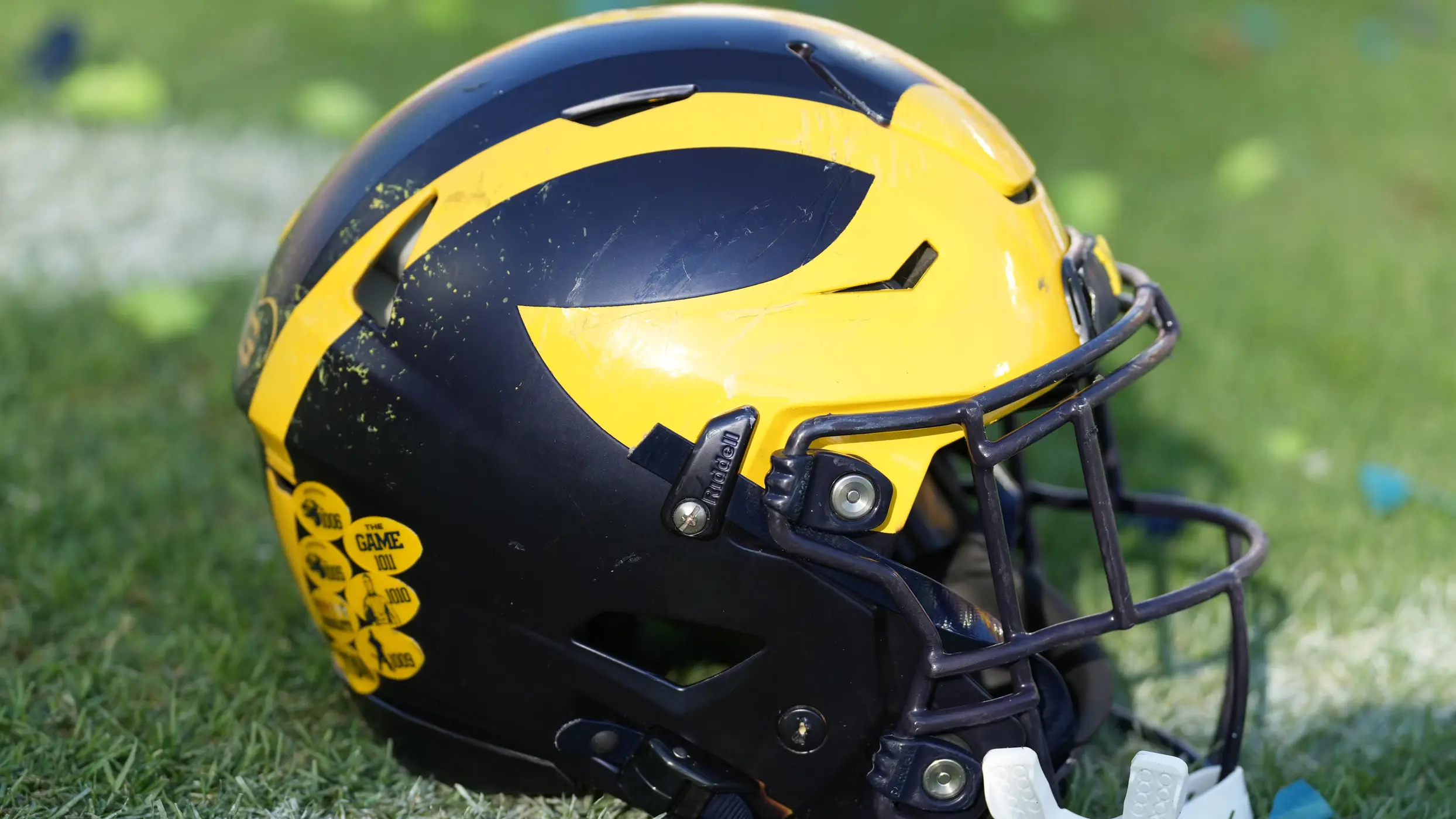
Michigan sanctioned over sign-stealing
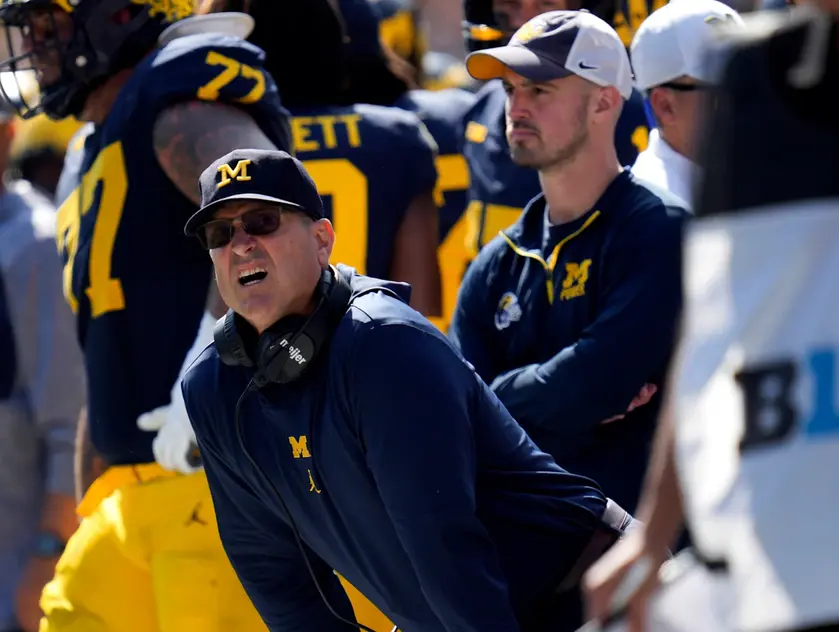
Michigan penalties confirmed by NCAA
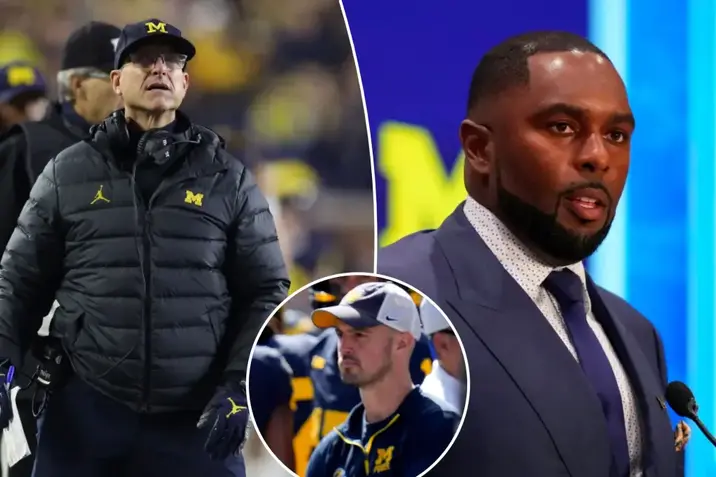
Michigan fined over 20 million in sign stealing case
